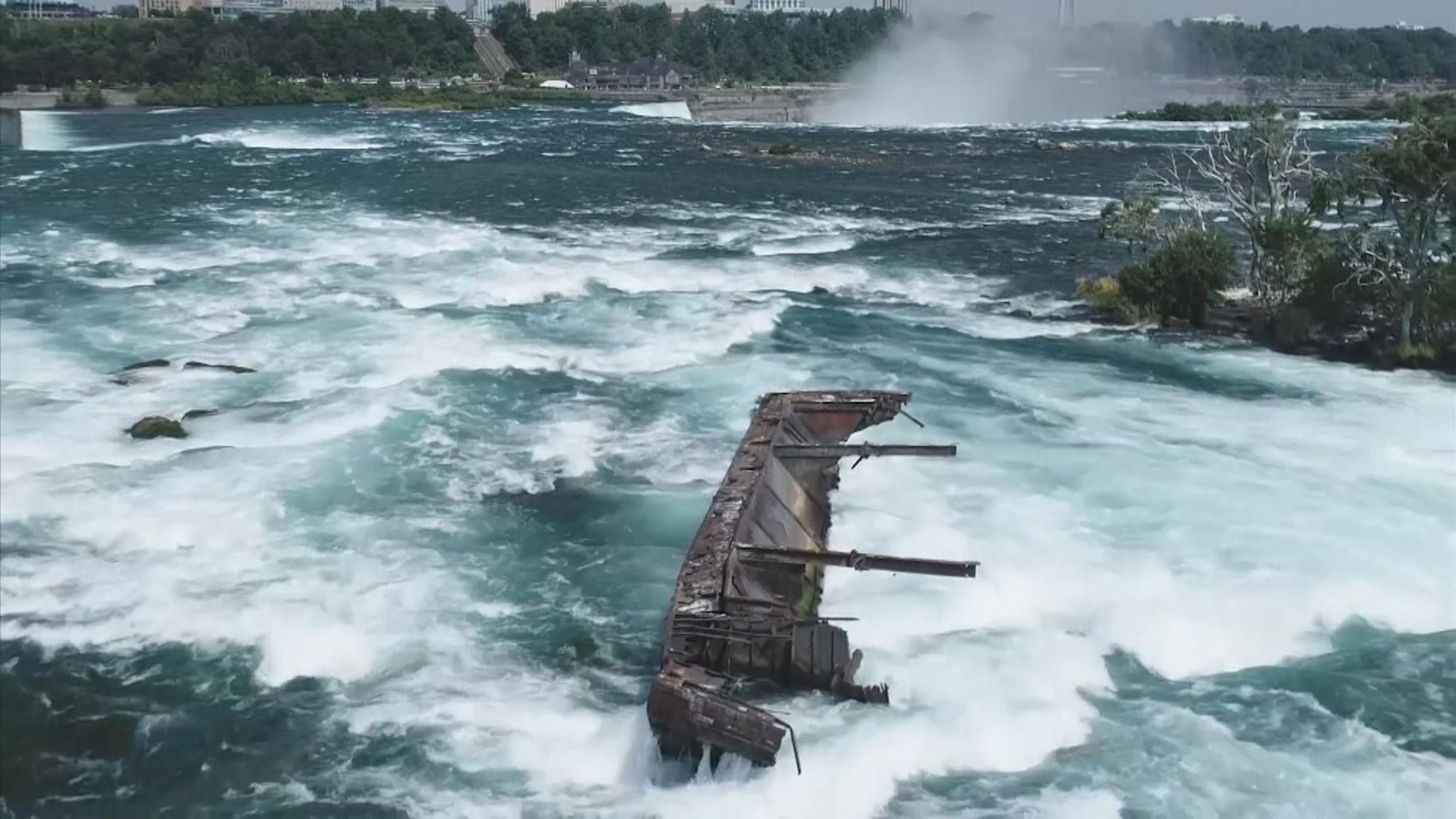Introduction
The Niagara River is more than just a flowing body of water; it’s a symbol of natural wonder and human ingenuity. Nestled between the borders of the United States and Canada, this majestic river holds a significant place in both geographic and cultural landscapes. Let’s dive into the news surrounding the Niagara River, exploring its history, geography, economic impact, environmental concerns, recreational opportunities, and its enduring presence in culture.
History of Niagara River
Formation of Niagara River
The story of the https://mnweekly.com/ begins millions of years ago, carved out by glaciers during the last Ice Age. As these massive ice sheets retreated, they left behind a trail of breathtaking natural beauty, including the awe-inspiring Niagara Falls.
Indigenous Significance
For Indigenous peoples, the Niagara River holds deep cultural and spiritual significance. It was a vital waterway for transportation and trade, connecting communities and serving as a source of sustenance for generations.
Geography and Ecology
Geographic Features
The Niagara River stretches approximately 36 miles, linking Lake Erie to Lake Ontario. Its most famous feature, Niagara Falls, draws millions of visitors each year, contributing to the river’s iconic status.
Wildlife and Ecosystem
The river’s diverse ecosystem supports a wide array of flora and fauna. From fish species like trout and salmon to migratory birds and rare plants, the Niagara River teems with life, making it a crucial habitat for biodiversity conservation efforts.
Economic Impact
Tourism
Niagara River tourism is a cornerstone of the regional economy, attracting visitors from around the globe. The allure of the falls, coupled with nearby attractions such as casinos, museums, and parks, generates substantial revenue and employment opportunities for local communities.
Hydroelectric Power
Beyond tourism, the Niagara River plays a vital role in power generation. Hydroelectric plants harness the river’s immense energy, providing electricity to millions of homes and businesses in the region.
Environmental Concerns
Pollution
Despite its natural splendor, the Niagara River faces environmental challenges, including pollution from industrial and agricultural runoff. Efforts to mitigate pollution and restore water quality are ongoing but require continued vigilance and investment.
Conservation Efforts
Organizations and government agencies are actively engaged in conservation efforts to protect the Niagara River’s fragile ecosystem. Initiatives focus on habitat restoration, pollution prevention, and sustainable development practices to ensure the river’s health for future generations.
Recreation
Activities for Tourists
From boat tours to scenic overlooks, there’s no shortage of ways to experience the Niagara River up close. Visitors can explore historic sites, enjoy fine dining with panoramic views, or simply marvel at the natural beauty of the falls.
Water Sports
Adventurous souls can take to the river itself, enjoying thrilling water sports like whitewater rafting or kayaking. Experienced guides lead expeditions through the river’s rapids, offering adrenaline-pumping adventures for outdoor enthusiasts.
Niagara River in Culture
Art and Literature
The Niagara River has inspired countless works of art and literature, capturing the imagination of artists, writers, and poets throughout history. Its timeless beauty and raw power serve as a muse for creative expression across various mediums.
Cultural Significance
Beyond its aesthetic appeal, the Niagara River holds profound cultural significance for communities on both sides of the border. It serves as a symbol of unity, bridging divides and fostering connections among people from diverse backgrounds.
Conclusion
In conclusion, the Niagara River continues to captivate and inspire with its natural splendor and cultural significance. From its ancient origins to its modern-day relevance, the river remains a source of wonder and admiration for millions worldwide. As stewards of this precious resource, it’s our collective responsibility to protect and preserve the Niagara River for generations to come.


